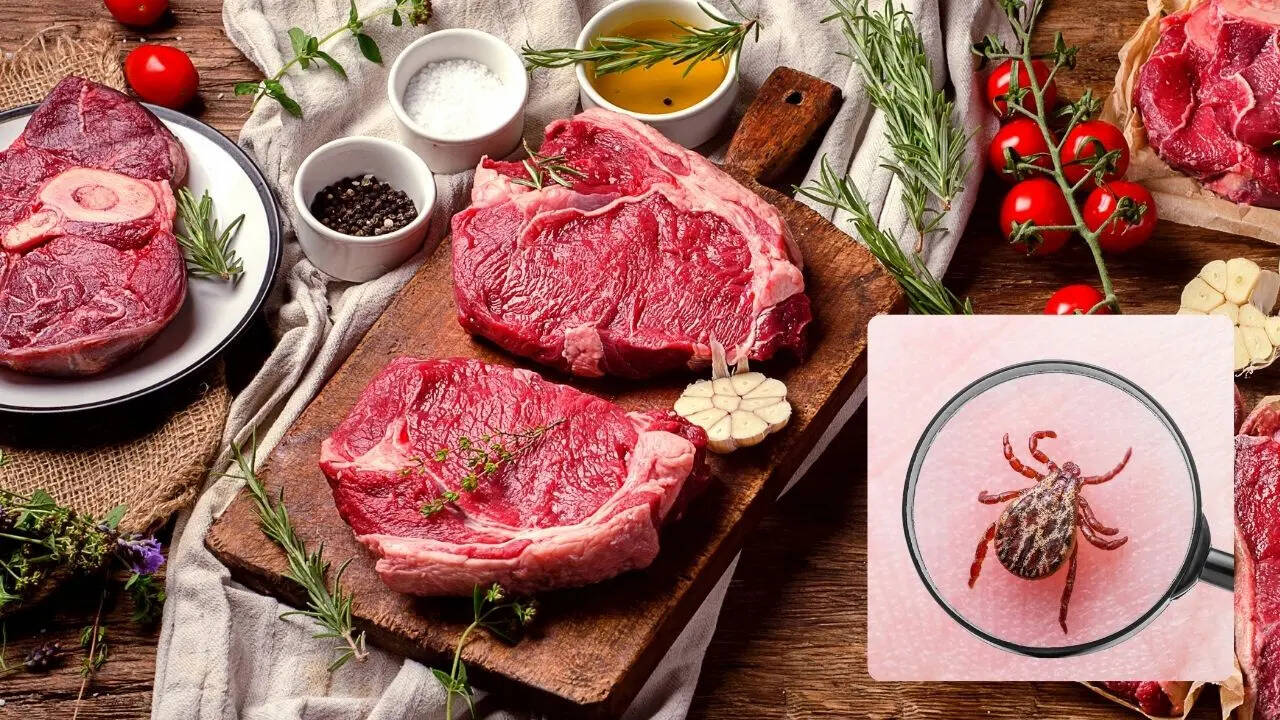Can A Tick Bite Make You Allergic To Meat? The Surprising Science Behind Alpha-gal Syndrome

Credits: Canva
SummaryAlpha-gal syndrome is a tick-bite triggered food allergy that can make red meat, dairy, and other mammal-based products dangerous for some people. While not everyone bitten by a tick develops the allergy, repeated bites can increase risk or worsen symptoms.
End of Article
